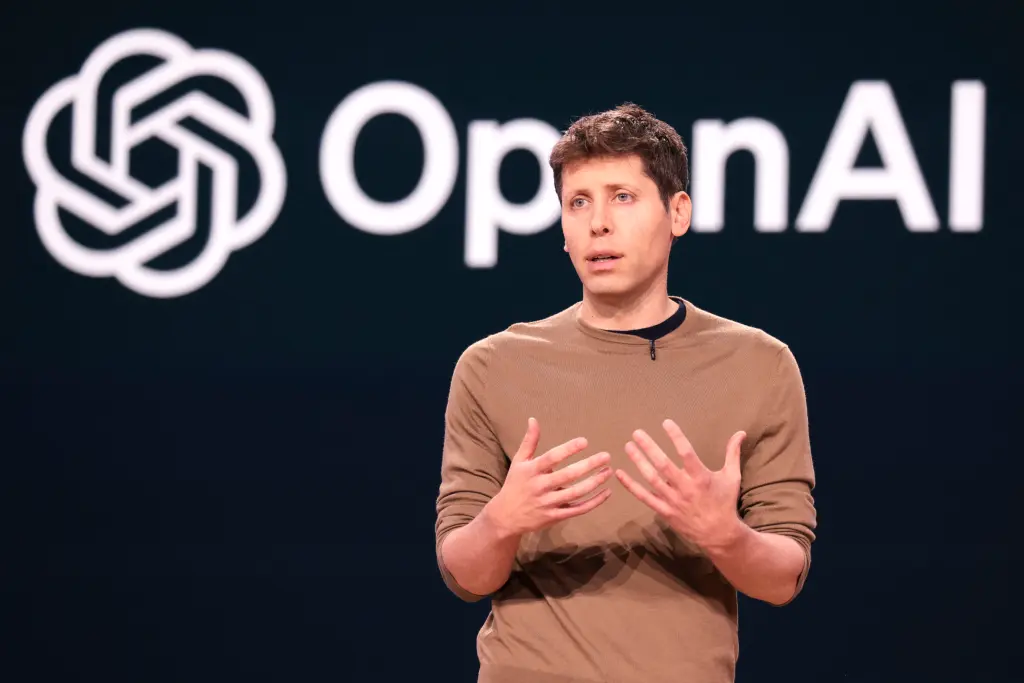
sam ALTman
What started as one of the most strategic alliances in AI now seems to be simmering with quiet tension.
According to a recent report from The Wall Street Journal, OpenAI and Microsoft’s partnership — once viewed as a near-perfect synergy between cutting-edge AI and enterprise infrastructure — may be heading for rocky waters.
Behind closed doors, OpenAI execs have reportedly considered calling out Microsoft for anticompetitive behavior. Yes, you read that right. The same Microsoft that invested billions into OpenAI and integrated GPT models across its ecosystem may now be seen as a little too controlling — especially when it comes to intellectual property and compute resources.
So, what’s at the heart of the rift? Two things: control and cloud.
OpenAI reportedly wants to complete its transition into a for-profit entity — but doing that may require loosening Microsoft’s grip. At the same time, the two companies are locked in a standoff over OpenAI’s $3 billion acquisition of Windsurf, an AI coding startup. Microsoft allegedly doesn’t want to be left out of Windsurf’s IP — which could directly supercharge GitHub Copilot, its flagship AI coding tool.
And while Microsoft once served as OpenAI’s infrastructure powerhouse, helping it scale globally, OpenAI has lately been exploring ways to reduce its dependency on Azure.
If this signals a pivot away from one of AI’s biggest alliances, it raises big questions: Will OpenAI go fully independent in the cloud race? Will Microsoft double down on in-house models and tools like Copilot, leaving ChatGPT behind? Could regulators be pulled in?
Either way, we’re witnessing the subtle uncoupling of two AI titans — and it could reshape the future of the enterprise AI stack.






